The coronavirus pandemic has placed condominium associations, its boards and managing agents in unfamiliar territory. Multi-family housing communities are predicated upon close proximity living quarters, however, associations should be mindful of the impact that COVID-19 has on their communities and residents during this challenging time. This article will explore how condominium boards must balance the ubiquitous social distancing requirement with their ongoing duties to run the affairs of the association, as well as proactive steps associations should take to ensure the health and safety of its residents and communities.
The coronavirus has created a new reality in which we are seeing a profound increase in virtual meetings and “zoom” conferences across our society. Condominium associations should be no different, and boards should restrict all face to face interaction when conducting association business and use technology to conduct association business during this pandemic.
What this means is that boards should continue to operate the day-to-day administration of the association by utilizing video or phone conferencing for any board meeting. Although meetings will be going virtual for the time being, associations must still provide the proper statutory 48-hour notice so that unit owners can attend the virtual/telephonic conference. While the Illinois Condominium Property Act allows for “virtual” participation by board members, please note that no such allowance exists for unit owners. What that means is that for any annual election meeting or other owner meeting, unit owners cannot cast their vote by phone or video conference. Rather, the owners are only permitted to vote by either a properly executed proxy, or if the association governing documents allow- by electronic voting or absentee ballot.
During the pandemic, boards should implement proactive and precautionary measures to prevent the spread of the coronavirus among residents in common areas. We have observed many of our association clients closing off common area building amenities such as common/party rooms, gyms, and rooftop areas during the pandemic. At a minimum, boards should institute occupancy limits in common areas, such as the laundry room for example.
Boards could also establish a protocol which restricts all food delivery persons from accessing the common hallways, stairs or elevators. Instead all deliveries, including food deliveries must be limited to the lobby, vestibule or delivery room. Many associations may also wish to similarly restrict building access to unit owners’ contractors or vendors during the pandemic. However, we encourage boards to be flexible and consider third-party access on a case-by-case basis. Based on health and safety concerns, it may be reasonable to prevent a realtor open house or commencement of kitchen remodel. However, the board should not prevent an important plumbing repair such as an emergency water leak for instance.
In the event that a board learns of a resident testing positive for COVID-19, then the board must decide whether to disclose this information to association unit owners, residents and staff. However, the association should be careful not to identify this individual’s name, unit number or even floor number as to protect this individual’s privacy, unless the resident consents. If a resident is diagnosed with the virus, the board should of course strongly encourage that resident and his/her family members from leaving a unit. However, it is our opinion that a board cannot prevent the residents from leaving the unit, or otherwise enforce the quarantine. The best the board and the neighbors can do in this circumstance is provide support and help with any essential errands and delivery of groceries, food or mail.
Another critical issue facing condominium associations in the coming months is assessment collection. It is undeniable that there will be unprecedented unemployment and financial hardship experienced by many unit owners as a result of the pandemic. Boards will be challenged to balance sympathy and understanding with the hard reality that the association is a not-for-profit corporation that must try its best to balance its budget. While the condominium statute prohibits associations from forgiving assessments, boards do have discretion to agree to payment plans of reasonable duration.
We understand the challenges associations are facing during this unprecedented time. Should your association have any questions or concerns during this time, please do not hesitate to contact our firm.

